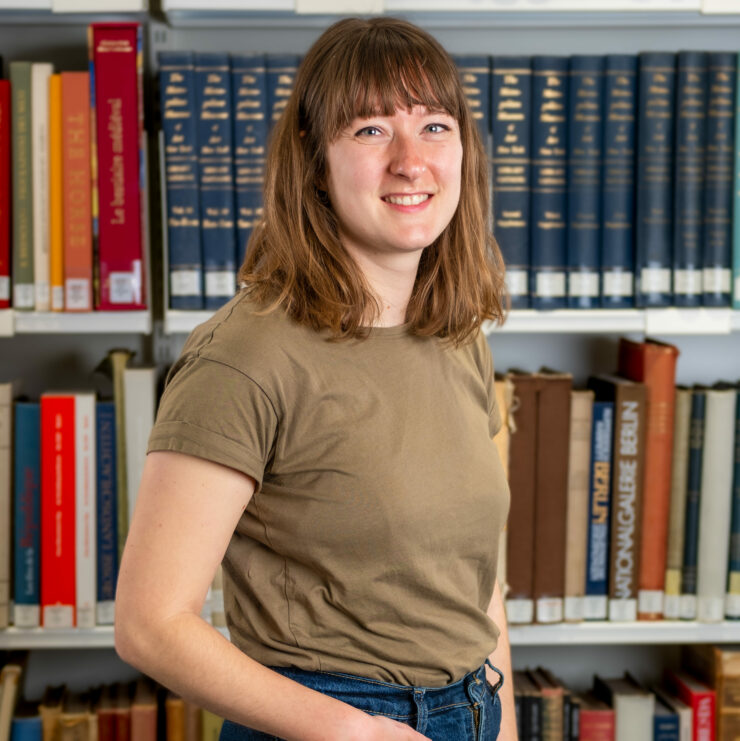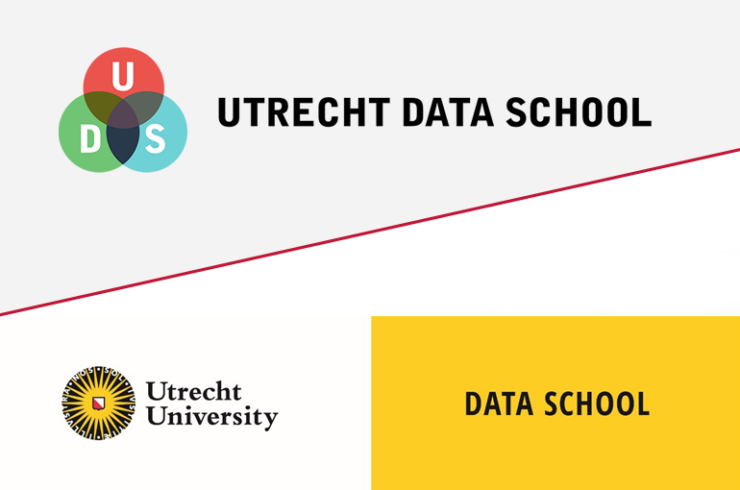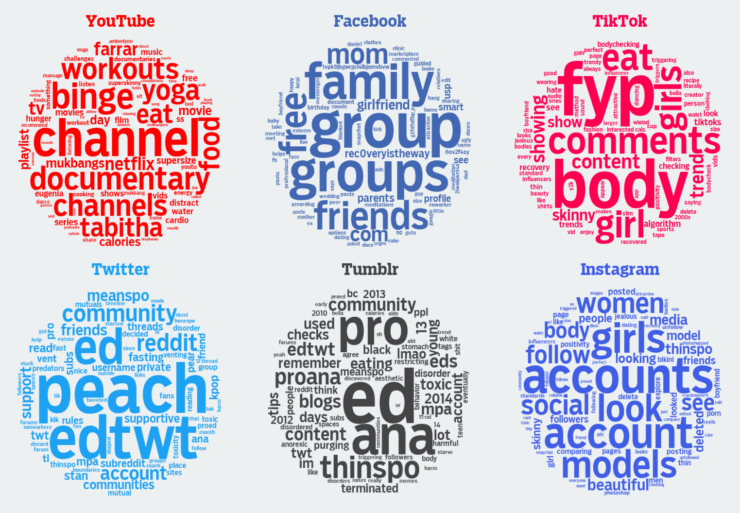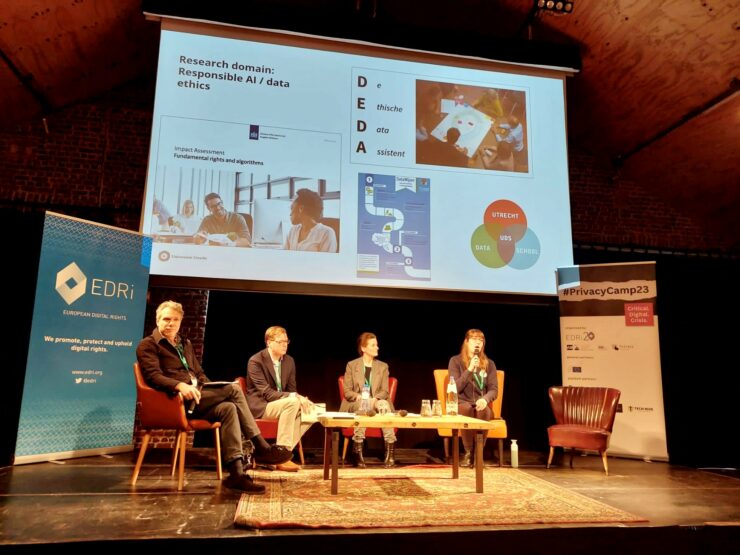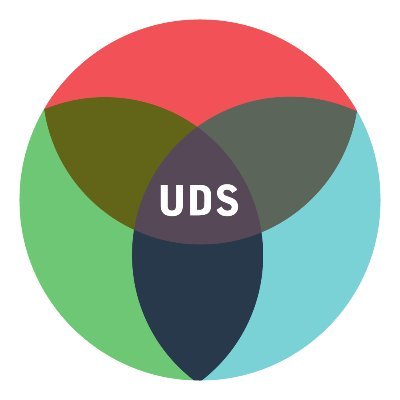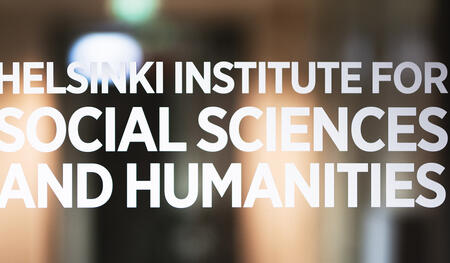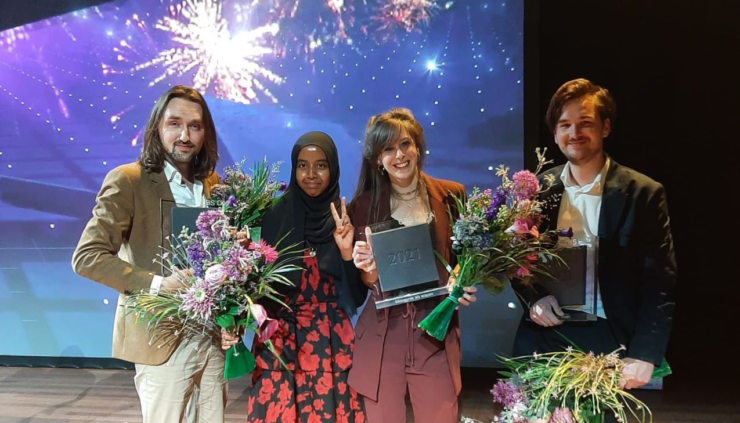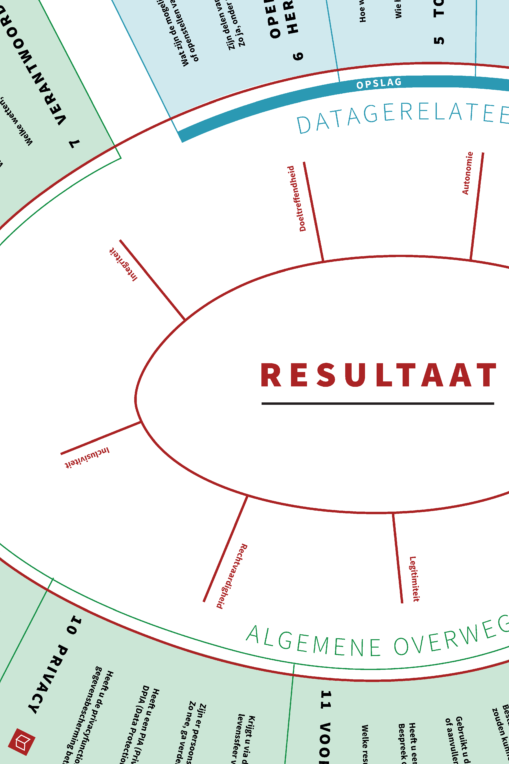Trouw interview with Iris Muis
In December 2022, the Algorithm Register (algoritmeregister) was established in the Netherlands to map all automated selection processes used by the government. However, it still doesn’t work as intended. The Dutch newspaper spoke with Iris Muis, Lead Operation at Data School, about data ethics, the Fundamental Rights & Algorithms Impact Assessment (FRAIA), a tool that
New name for Utrecht Data School: Data School
From 1 May 2023 onwards, the Utrecht Data School will have a new name and logo. Utrecht Data School will continue under the name Data School and the logo will be adapted to Utrecht University’s latest style guidelines. Why ‘Data School’? Utrecht University’s brand policy stipulates that names of organisational units may no longer contain the
TikTok’s recommendation algorithm is harmful to people prone to eating disorders – Research by Data School
Together with news magazine De Groene Amsterdammer and television news service RTL Nieuws, Data School conducted research into TikTok’s recommendation algorithm. The researchers created 12 automated accounts that started with an initial interest in dieting, fitness, or slim women; within half an hour they spiraled into a constant stream of videos relating to eating disorders. “The happiest place on earth”,
Data School at #PrivacyCamp23
On January 25, Data School attended a panel in the 11th edition of Privacy Camp in Brussels. Privacy Camp is an annual conference that brings together digital rights advocates, activists, academics and policy-makers from all around Europe and beyond to discuss the most pressing issues facing human rights online. The panel to which the Data
Vacature onderzoeksassistent ‘Journalistiek & Democratie: Coronaberichtgeving’
Voor een interdisciplinair onderzoeksproject binnen de context van de AI Labs Digital Humanities zoekt de Utrecht Data School (UDS) een onderzoeksassistent voor 0,25 fte vanaf 1 december 2022, voor 10 maanden. Het salaris is in lijn met dat van een student-assistent. De UDS zoekt iemand met datavaardigheden die kan helpen bij het analyseren van coronaberichtgeving
BOLD Profiler – an application to track bias in linked open data
With a grant from the SIDN Fund, the Utrecht Data School built the BOLD Profiler. This application detects bias in commonly used knowledge bases such as Wikidata. Disinformation is not always spread with a deliberate plan, but can also (unintentionally) originate from incorrect information, missing data or misrepresentation. For example, Wikidata is considered very reliable,
Mirko Schäfer appointed Visiting Professor to University of Helsinki
For the coming three years, CDH programme team member Mirko Schäfer has been appointed Visiting Professor at the Helsinki Institute of Social Sciences and Humanities (HSSH). Developing the Utrecht Data School at Utrecht University, Mirko Schäfer has built a track-record of societally engaged research for inquiring datafication and algorithmization at government organisation in the Netherlands.
Utrecht Data School and De Groene Amsterdammer win ‘Tegel’ award
The article ‘Misogynie als politiek wapen’, a collaboration between Joris Veerbeek and Sahra Mohamed (Utrecht Data School) and Coen van de Ven and Karlijn Saris (De Groene Amsterdammer), has won a ‘Tegel’ in the category ‘CBS Data’. The Tegel is the most important Dutch award for journalism. The Utrecht Data School (UDS) regularly collaborates with
Utrecht Data School joins CDH
Starting March 1st, 2022, Utrecht Data School (UDS) will become part of the Centre for Digital Humanities (CDH) at Utrecht University under the joint deanship of the Faculty of Science and the Faculty of Humanities. Investigating the implications of AI and datafication for our digital society requires concerted interdisciplinary and transdisciplinary efforts. Over the past years, UDS developed collaborative projects with societal
Vacancy: knowledge and data engineer
The Utrecht Data School and the department of Computer Science at Utrecht University are looking for a ‘knowledge and data engineer’ for a project on Bias in Open Knowledge Graphs. Deadline to respond is February 25, 2022. Job description The candidate will develop an application to automatically detect the different kinds of bias in Linked
DEDA: Data Ethics Decision Aid
DEDA helps data analysts, project managers and policy makers to recognize ethical issues in data projects, data management and data policies.
BIAS: The consultation toolkit for algorithmic systems
This toolkit helps to streamline and formalize the ethical considerations and accountability process around algorithms. BIAS is being developed in collaboration with several municipalities.


